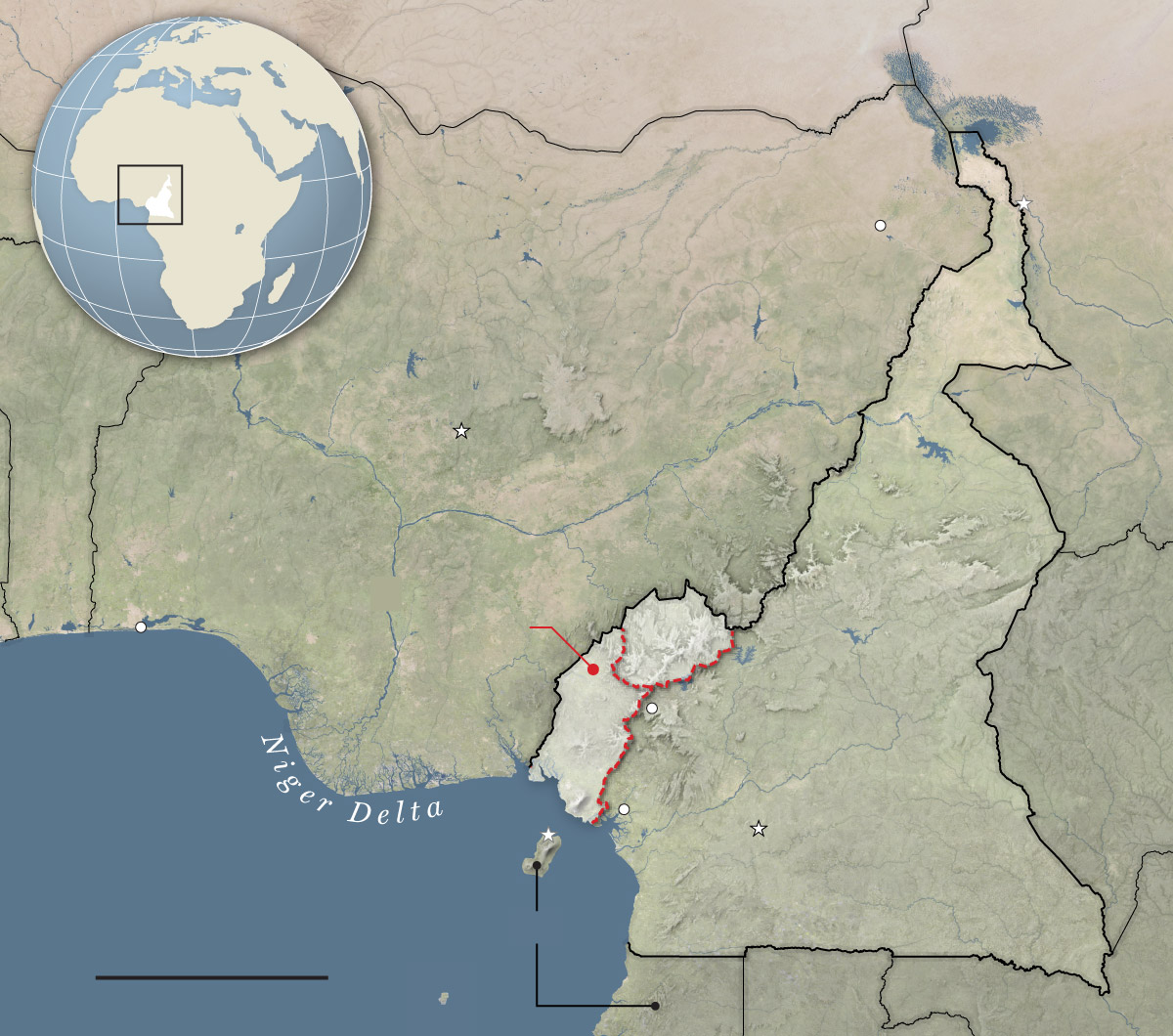By: Nadia Abed
Journal of Global Rights and Organizations, Associate Articles Editor
NAYPYIDAW, Myanmar — On November 14, 2019, pre-trial judges of the International Criminal Court (ICC) authorized an investigation into the alleged crimes committed against the Rohingya people of Myanmar that have taken place within the ICC’s jurisdiction. Through violence and coercion the Myanmar military and security forces have forced over one million Rohingya to be displaced from Myanmar to Bangladesh.

Since 2017 the Myanmar military has attempted an ethnic cleansing of the Rohingya people. The military has continued to destroy over 300 villages where the Rohingya have settled, mostly by bulldozing or by fire. The military has also sexually violated and raped girls and women in villages or at checkpoints while in route to seek refuge in Bangladesh.
Refugees who arrive in Bangladesh report a continuance of abuse by Myanmar security forces. The reports include “killings, arson, enforced disappearances, extortion, severe restrictions on movement, and lack of food and heath care.” Additionally, refugees who return to Myanmar face arrest and even torture by authorities.
On July 4, 2019, the ICC Prosecutor, Fatou Bensouda, requested that there be an investigation into the alleged crimes committed against the Rohingya people. The request sought to look into crimes against deportation, other inhumane acts, and persecution of the Rohingya people.
Additionally, the ICC received requests that the court investigate by thousands of alleged victims. The victims “believe that only justice and accountability can ensure that the perceived circle of violence and abuse comes to an end.”
The ICC’s decision to investigate also follows a November 11, 2019 submission by Gambia to the International Court of Justice (ICJ) alleging Myanmar has violated its obligations under the Convention on the Prevention and Punishment of the Crime of Genocide. Gambia instituted proceedings against Myanmar before the ICJ after a Myanmar military-led crackdown. Gambia explains that this crackdown was intended to destroy the Rohingya Muslims as a group by the use of “mass murder, rape and other forms of sexual violence.”
The judges have reason to believe that there exists “widespread and/or systematic acts of violence [that] may have been committed that could qualify as the crimes against humanity of deportation across the Myanmar-Bangladesh border.” While Myanmar is not under the jurisdiction of the ICC, it may exercise jurisdiction when crimes and criminal conduct take place on territory of a State Party. Bangladesh is a State Party to the treaty; therefore the investigation extends to crimes committed on Bangladeshi territory.
The ICC also authorized the commencement of the investigation relating to any crime, which includes future crimes so long as it is within the ICC’s jurisdiction, committed in part of Bangladesh or another State Parties territory, and linked to the situation in the present decision.
The Office of the Prosecutor will start preparing and collecting evidence necessary to establish whether there are specific individuals who bear criminal responsibility. Once such evidence is deemed sufficient, the Prosecutor would then request an issuance of either summons to appear or arrest warrens for said individuals. The ICC and Prosecutors are confidence that the investigation is in the interests of justice for the Rohingya people.
For further information, please see:
UN News – ICC gives greenlight for probe into violent crimes against Rohingya – 15 Nov. 2019


